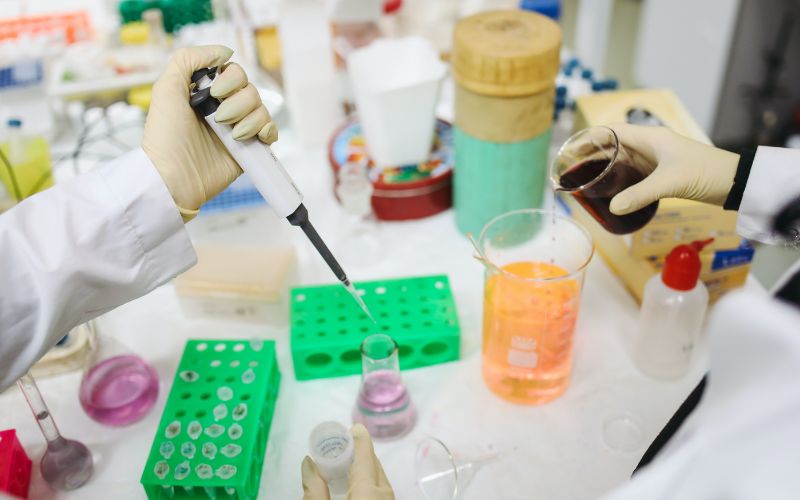
The Importance of Improving Access to Medicine in Developing Countries
Access to medicine is a fundamental human right that should be enjoyed by everyone, regardless of their socioeconomic status or geographic location. However, in many developing countries, access to medicine is still a major challenge due to a variety of factors, including poor healthcare infrastructure, inadequate funding, and limited supply chains. The pharmaceutical industry has a crucial role to play in improving access to medicine in these countries by partnering with local governments, non-profit organisations, and other stakeholders to develop innovative solutions that can make a real difference in people’s lives.
- The Cost of Medicines is a Barrier to Access
One of the main reasons why many people in developing countries are unable to access essential medicines is that they simply cannot afford them. Often, pharmaceutical companies set their prices based on the purchasing power of the countries they are selling to, which means that medicines can be much more expensive in countries with weaker economies. As a result, many people are forced to choose between buying life-saving medication and paying for other basic needs like food and shelter. To address this issue, the pharmaceutical industry needs to explore different pricing models and collaborate with governments and NGOs to make medicines more affordable and accessible.
- Addressing the Needs of Underserved Communities
In many developing countries, there are still large groups of people who are living in poverty and have limited access to healthcare services. This can be due to a lack of clinics or hospitals in rural areas, as well as a lack of trained healthcare providers. By partnering with local governments and non-profit organisations, the pharmaceutical industry can help to address these gaps in healthcare infrastructure and provide underserved communities with access to essential medicines. This includes investing in community health worker programs and mobile clinics, as well as supporting initiatives that aim to train more healthcare providers in these regions.
- Bridging the Gap in Clinical Research
Clinical trials are an essential step in the drug development process, but in many cases, these trials are conducted in developed countries and do not necessarily represent the populations that will be using these medicines. This can result in a lack of understanding of how these medicines will impact people in developing countries, and can also lead to slower approval and adoption of new treatments in these regions. By conducting more clinical trials in the communities where these medicines will be used, the pharmaceutical industry can help to bridge this gap and develop medicines that are better suited to the needs of these populations.
- Investing in Sustainable Supply Chains
Supply chain challenges are another major barrier to accessing medicines in many developing countries. Often, these countries lack the infrastructure and logistics networks needed to store and transport medicines effectively, which can result in stockouts, expired medicines, and other issues. By investing in sustainable supply chains, the pharmaceutical industry can ensure that medicines are available when and where they are needed and that they meet quality standards throughout the distribution process. This includes developing cold chain systems to transport vaccines and biologics, as well as investing in technology solutions to track and monitor inventory.
- Building Effective Partnerships
Improving access to medicine in developing countries will require a collaborative and coordinated effort from a variety of stakeholders, including pharmaceutical companies, governments, non-profit organisations, and other actors. Effective partnerships are essential to success in this area, as they can help to leverage expertise, funding, and other resources to achieve shared goals. The pharmaceutical industry can play a key role in building these partnerships by engaging in dialogue and developing long-term, sustainable relationships with stakeholders in the healthcare ecosystem.
Improving access to medicine in developing countries is a complex challenge, but one that is essential for achieving global health equity. As a key player in the healthcare ecosystem, the pharmaceutical industry has a responsibility to help address this issue by developing innovative solutions that can help to overcome the many barriers that prevent people from accessing essential medicines. Whether it is through exploratory pricing models, investing in sustainable supply chains, or supporting local clinical research, there are many ways in which pharmaceutical companies can make a real difference in the lives of people in need around the world. By working together with other stakeholders, we can build a more equitable and just healthcare system that truly serves the needs of all people.



